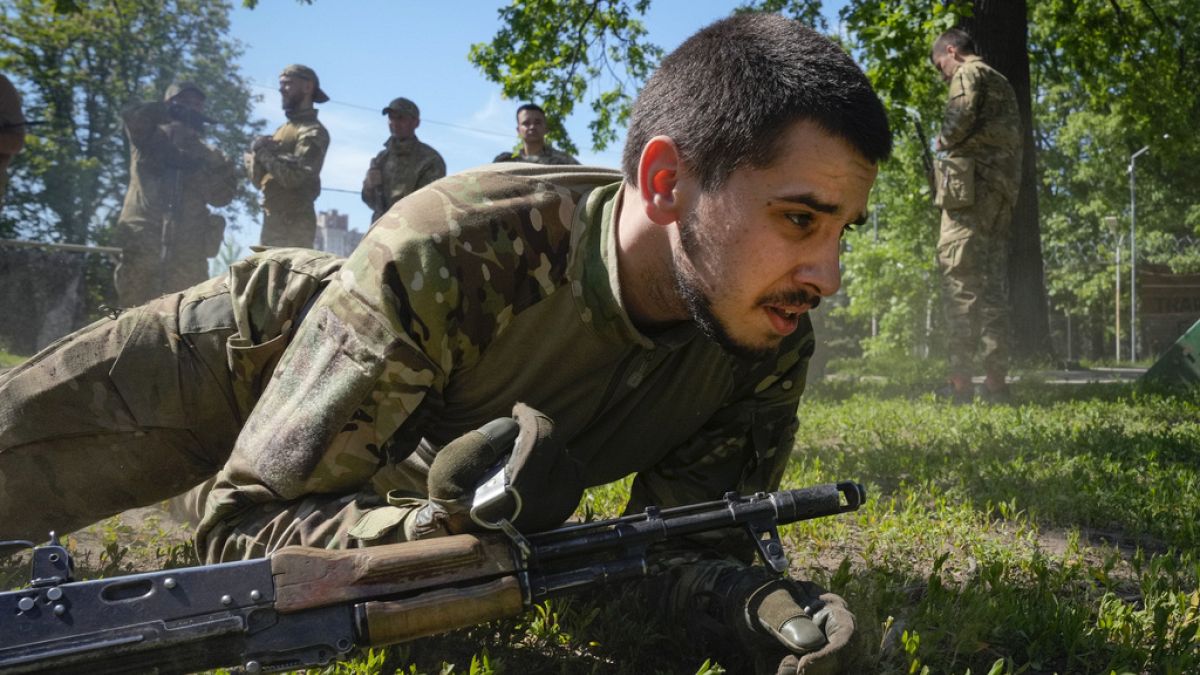World
Ukraine’s divisive law takes effect

A controversial mobilisation law took effect on Saturday as Kyiv struggles to recruit troops amid a new Russian offensive threatening Kharkiv, the second-largest city.
A controversial mobilisation law in Ukraine took effect on Saturday as Kyiv faces the challenge of boosting troop numbers amid a new Russian offensive threatening the second-largest city, Kharkiv.
The revised legislation aims to simplify the identification of conscripts nationwide. It also offers incentives for soldiers, such as cash bonuses and financial aid for housing or a car, benefits that some analysts believe Ukraine may struggle to finance.
After months of delays, the law was finally passed in mid-April, shortly after Ukraine lowered the draft age from 27 to 25. These measures highlight the immense strain that over two years of war with Russia have placed on Ukraine’s forces, which are battling to maintain front lines amid diminishing ranks and depleting supplies of weapons and ammunition.
President Volodymyr Zelenskyy signed two additional laws on Friday: one allowing prisoners to join the army and another increasing fines for draft evasion fivefold. While Russia began recruiting prisoners early in the conflict, Ukraine’s own personnel shortages have meant that they have had to adopt these controversial measures.
Initial versions of the mobilisation law included provisions for demobilising troops after 36 months and rotating front-line soldiers after six months. However, these clauses were removed after Ukraine’s military leadership expressed concerns about losing their best-trained and most experienced troops. The Ukrainian Defence Ministry is working on a separate demobilisation law.
Ukraine has struggled for months to replenish its forces as Russian troops advance in a new northeastern offensive, putting additional pressure on Kyiv’s stretched military. After weeks of probing, Moscow launched this push, aware of Ukraine’s personnel shortages and its thinly spread forces in the Kharkiv region.
Since the war began, men under 60 have been barred from leaving Ukraine, with exemptions for the disabled and those with three or more dependent children. Eurostat data does not specify how many men qualifying for protection fall into these categories or how many reached the EU from Russian-occupied territories in Ukraine’s east and south.
Unable to legally cross the border, some Ukrainian men have risked their lives attempting to swim across rivers to Romania and Hungary. Late on Friday, Ukraine’s border service reported that at least 30 people have died trying to cross the Tisza River since the full-scale invasion began.







:max_bytes(150000):strip_icc()/roundup-writereditor-loved-deals-tout-f5de51f85de145b2b1eb99cdb7b6cb84.jpg)


